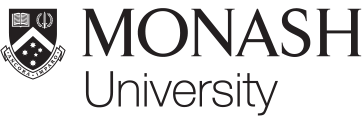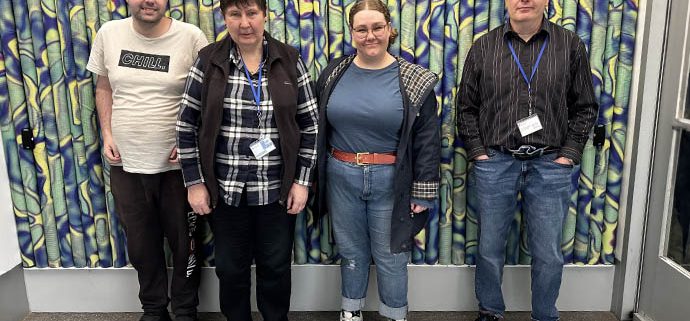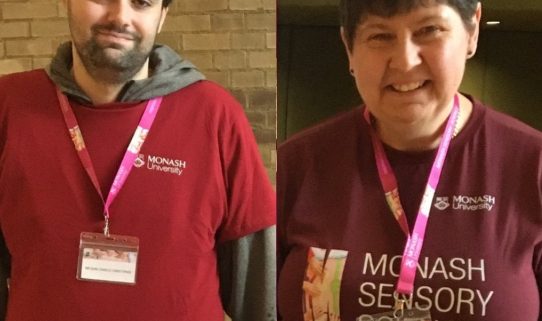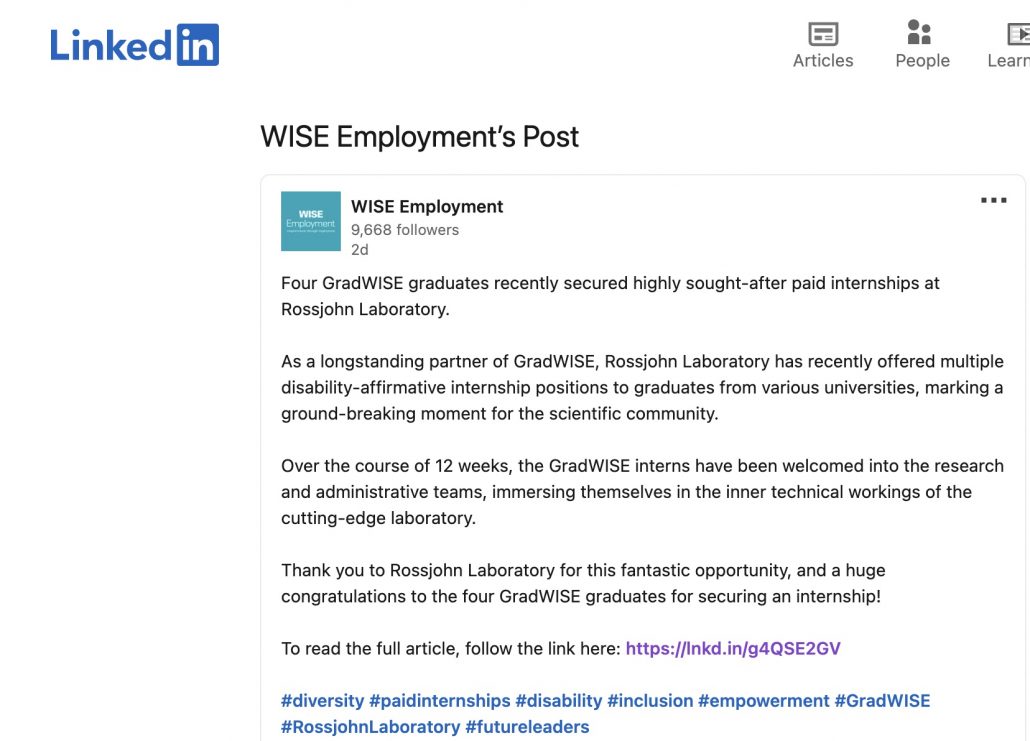Sophia reflects on her Rossjohn Laboratory Graduate Disability Internship experience
Making science accessible to people with diverse needs is an important mission of the Rossjohn Laboratory in the Monash Biomedicine Discovery Institute. The lab offers student scholarships and graduate internships to people with disabilities in order to broaden the diversity of people engaged in scientific discovery and to offer an inclusive opportunity to gain career experience in biomedical research.
Sophia Ladanyi recently completed her time in the lab’s Graduate Disability Internship Program and wrote some reflections about her experience.
Here’s what she had to say:
“I was offered an Internship as an Administrative Assistant in the Rossjohn Laboratory, working under the guidance and supervision of Project Manager Jennifer Huynh and artist-in-residence Dr Erica Tandori. From the beginning Jennifer and Erica made me feel welcome by helping me set up my computer and making me feel relaxed. I also felt comfortable and part of the lab team by getting to meet the Founder, Professor Jamie Rossjohn.

Erica and Jennifer had such a pleasant and endearing manner I felt at ease working with them. As for myself as someone with a disability, I was accommodated for by working set hours, 9am to 2.30pm on regular days, and having breaks from using my computer as needed.
My role as an assistant to the Artist in Residence was to take part in preparing for the recent Monash Sensory Science Exhibition – Autoimmunity. I learnt how science can meet art, especially for people with blindness and low vision. I made numerous artworks that represented human cells, such as white blood cells neutrophils and macrophages. It was great to see these artworks made into Sensory Science Books ready for the exhibition.
On the day of the exhibition, I showed guests to the main Auditorium area. One of the guests had a guide dog and a carer with her and showing them to the Auditorium made me feel like I was contributing to the exhibition in an important way.
I was honoured to have been filmed for the video of the exhibition. I was asked a series of questions where I talked about my experience as an intern and what I had learned from the exhibition. I highlighted how the artwork in the exhibition conveyed science in a new and exciting way.
I found it most inspiring, as someone with a disability, that one of the exhibition guests who was blind and also a current student at Monash University, has subsequently been offered an internship at the Rossjohn Lab.”
See Sophia in the Monash Sensory Science Exhibition video:




 Over the last three months, Coach Roanna Harry has been there to provide support to the GradWISE participants.
Over the last three months, Coach Roanna Harry has been there to provide support to the GradWISE participants.
